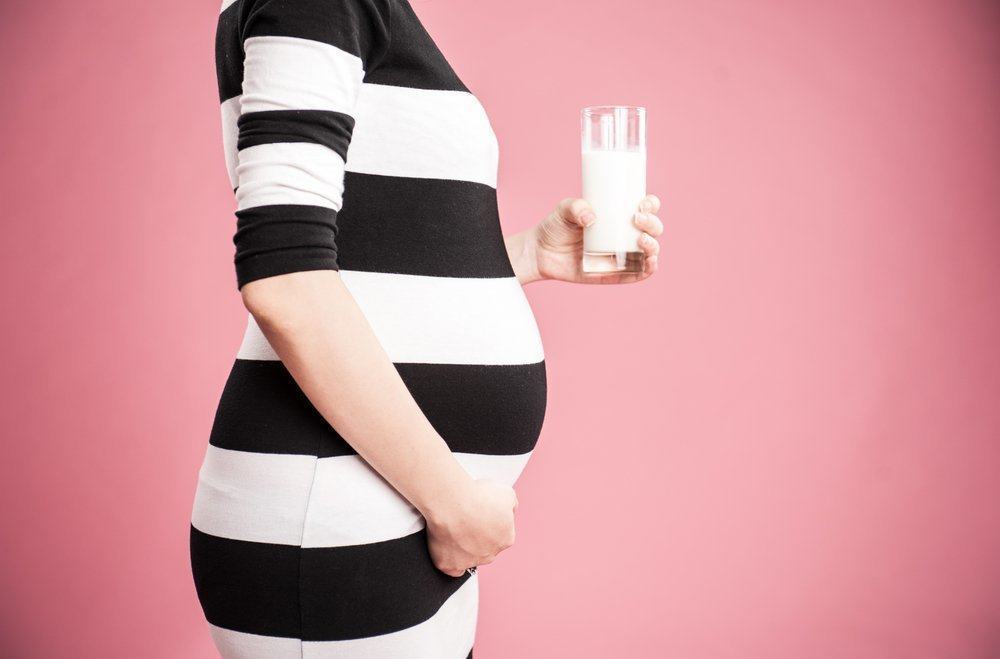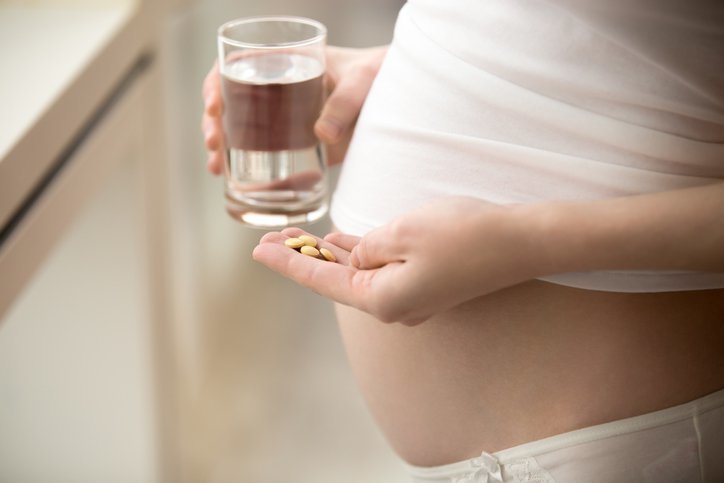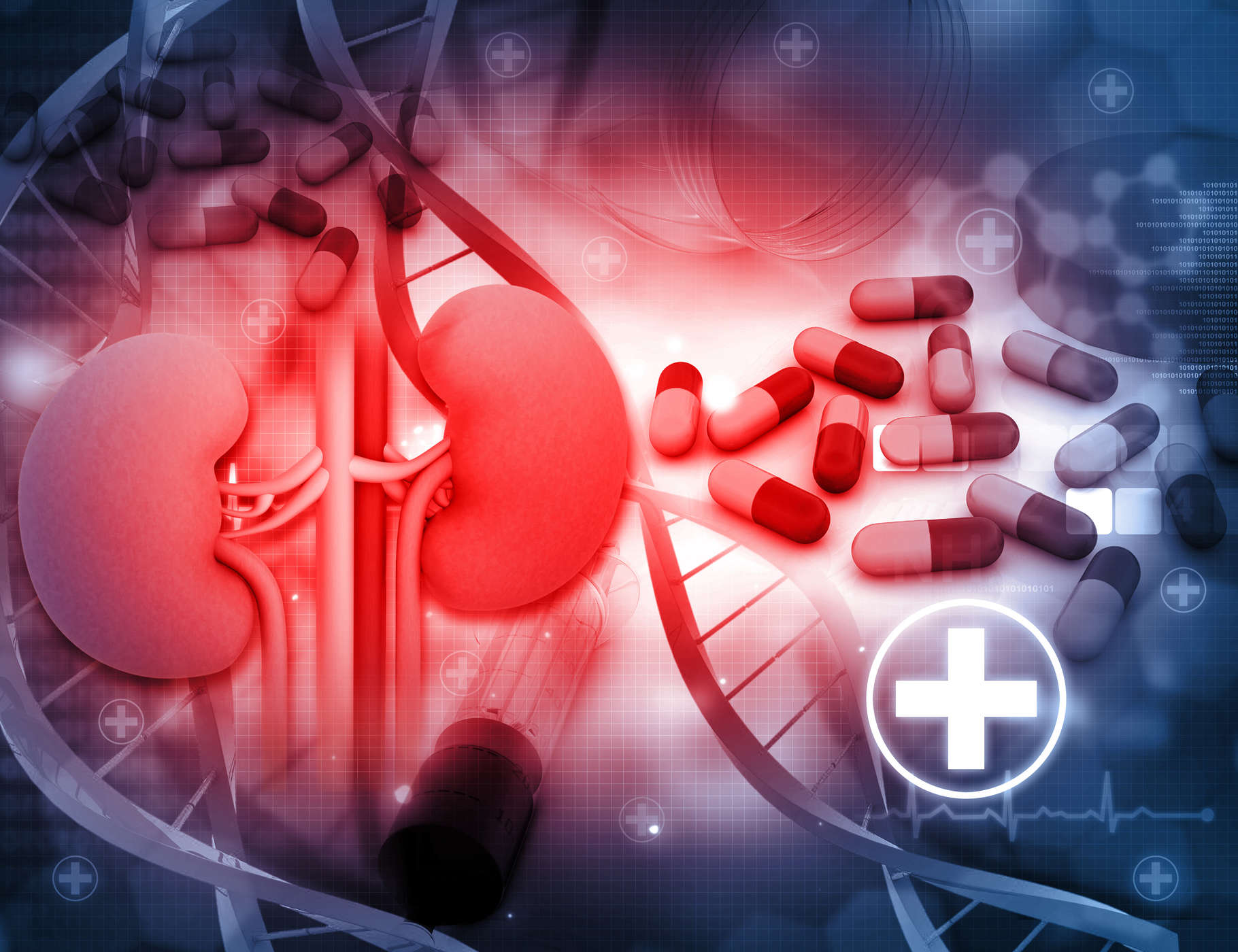Contents:
- Medical Video: Which Milk Is Good During Pregnancy? Surprising For Your Growth Fetus!
- Benefits of pregnant milk for maternal and fetal health
- Does this mean that you should drink pregnant milk during pregnancy?
- Types of milk that pregnant women should know
- 1. Skim milk
- 2. Milk whole cream / full cream
- 3. Pasteurized milk
- 4. Raw milk
Medical Video: Which Milk Is Good During Pregnancy? Surprising For Your Growth Fetus!
When pregnant, the mother needs additional calorie intake because she has to provide sufficient nutrients for the growth and development of her fetus. Milk is one of the complementary drinks that is sufficient to contribute energy and nutrients to pregnant women, so mothers are often advised to drink pregnant milk during pregnancy.
However, are there any harmful effects if pregnant women do not drink milk?
Benefits of pregnant milk for maternal and fetal health
Milk is not only a complement to meet the energy and nutritional needs of pregnant women, but also has an important role in providing essential nutrients needed by the fetus. Based on United States Department of Agriculture, pregnant women are recommended to drink milk as much as 3 glasses per day to meet the needs of calcium, protein, and vitamin D for the fetus.
Consumption of pregnant milk also has a long-term effect on the fetus. Not only is it beneficial to the fetus in the womb, but it also brings benefits when the baby is born and grows up. Research shows that mothers who drink milk during pregnancy have higher children and have a lower risk of developing diabetes.
Research published by European Journal of Clinical Nutrition and carried out in 809 pregnant women showed that mothers who drank more than 150 ml of milk per day during pregnancy had higher girls and boys in adolescence compared to children born to mothers who consumed less than 150 ml of milk during pregnancy.
This study concludes that milk consumption during pregnancy can support growth which affects the body weight and body length of the baby at birth (Hrolfsdottir, et al., 2013).
Researchers also found that those born to mothers who consumed more than 150 ml of milk per day during pregnancy also had high levels of insulin in the blood. This shows a lower risk of type 2 diabetes mellitus.
Other studies also show that mothers who consume 250 ml of milk per day have babies who are smaller in weight at birth compared to mothers who consume more milk (Mannion, Gray-Donald, and Koski, 2006).
Does this mean that you should drink pregnant milk during pregnancy?
However, behind its many benefits, drinking pregnant milk is still a pro and contra for some people. Everything returns to you. If you feel that your consumption of food and drinks has met your energy and nutritional needs, especially calcium, maybe milk consumption every day during pregnancy is not a priority for you.
However, if you feel your consumption of food and drinks is still not enough to meet your energy and calcium needs for you and your fetus, drinking milk is one of the things that is recommended. Know your needs and the fetus before deciding. And always consult a doctor or midwife, before making a decision not to drink milk.
Types of milk that pregnant women should know
For those of you who are pregnant, there are several choices of pregnant milk, each of which has its own advantages. Adjust to your needs and the fetus before choosing the right milk for you.
1. Skim milk
This milk is suitable for those of you who don't want to add a lot of calories during pregnancy because they contain little calories. Skim milk is good because it does not contain saturated fat, but this milk is also very poor in vitamins A, D, E, and C, so it is often not preferred for consumption by pregnant women.
2. Milk whole cream / full cream
This milk is good for those of you who want to gain weight during pregnancy, but it is not good for those of you who have experienced obesity during pregnancy. This milk contains more calories and also saturated fat. Too much saturated fat in the body is not good for your heart health.
3. Pasteurized milk
Good if you choose skim milk and full cream milk, the most important thing is that the milk has been pasteurized. Pasteurization makes the growth of bacteria in milk slow down because there is already a heating process of milk with very high temperatures. The process of pasteurization makes milk harmless to you and your fetus. Unpasteurized milk can cause serious infections to you and your fetus because it still contains bacteria.
4. Raw milk
Drink unpasteurized milk aka raw milk (raw milk) can endanger pregnancy. Unpasteurized milk still contains bacteria in it which causes several infectious diseases. One of them is infectious listeriosis caused by microbes. Therefore, pregnant women are advised not to consume this type of milk and also food products made from unpasteurized milk.












